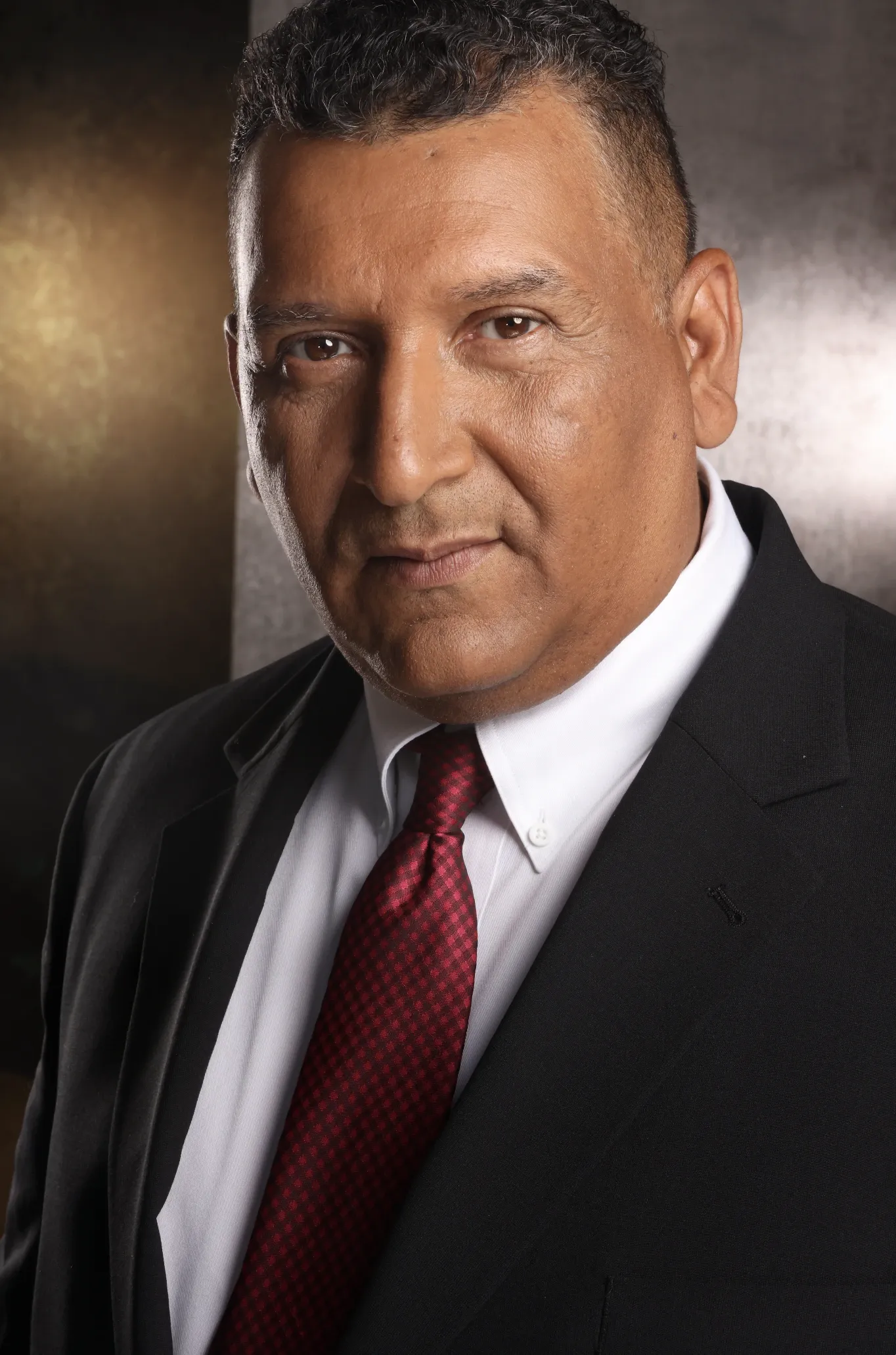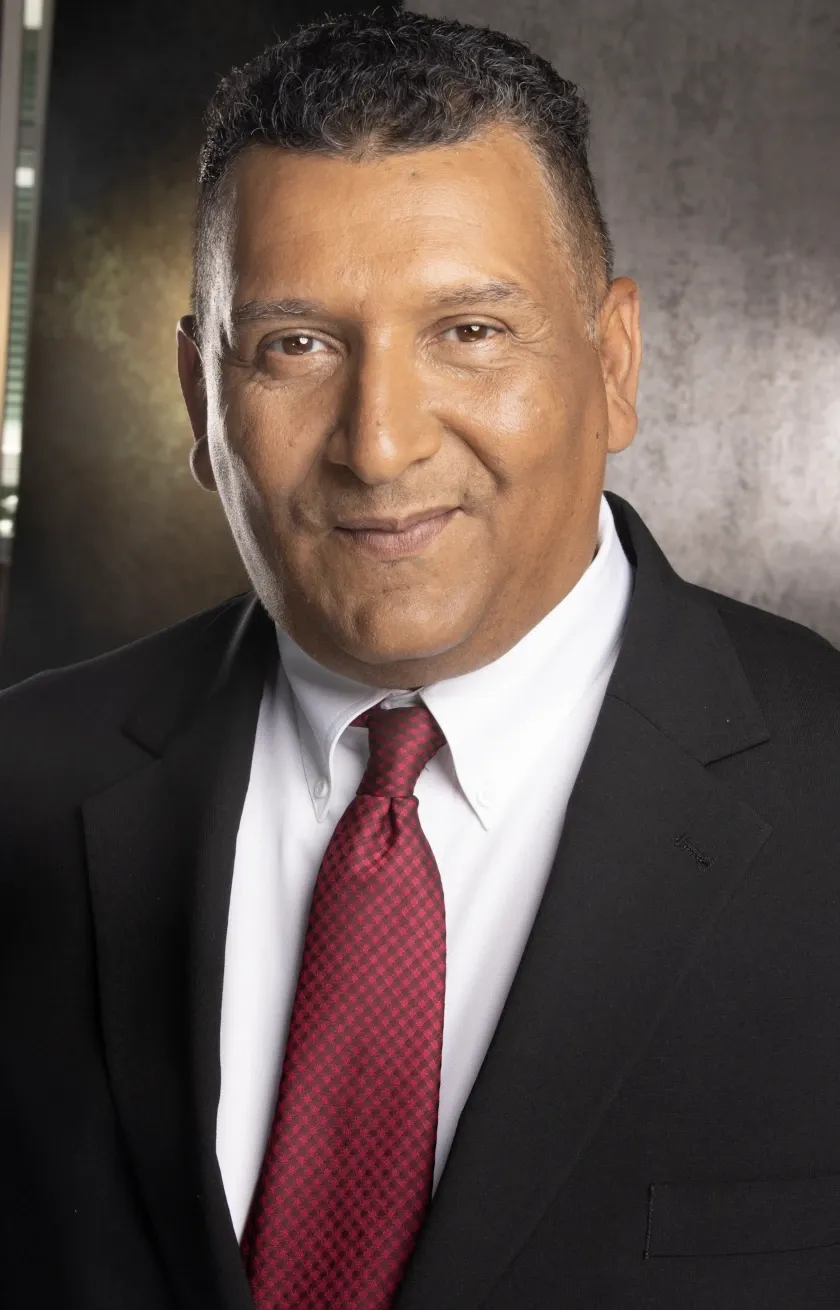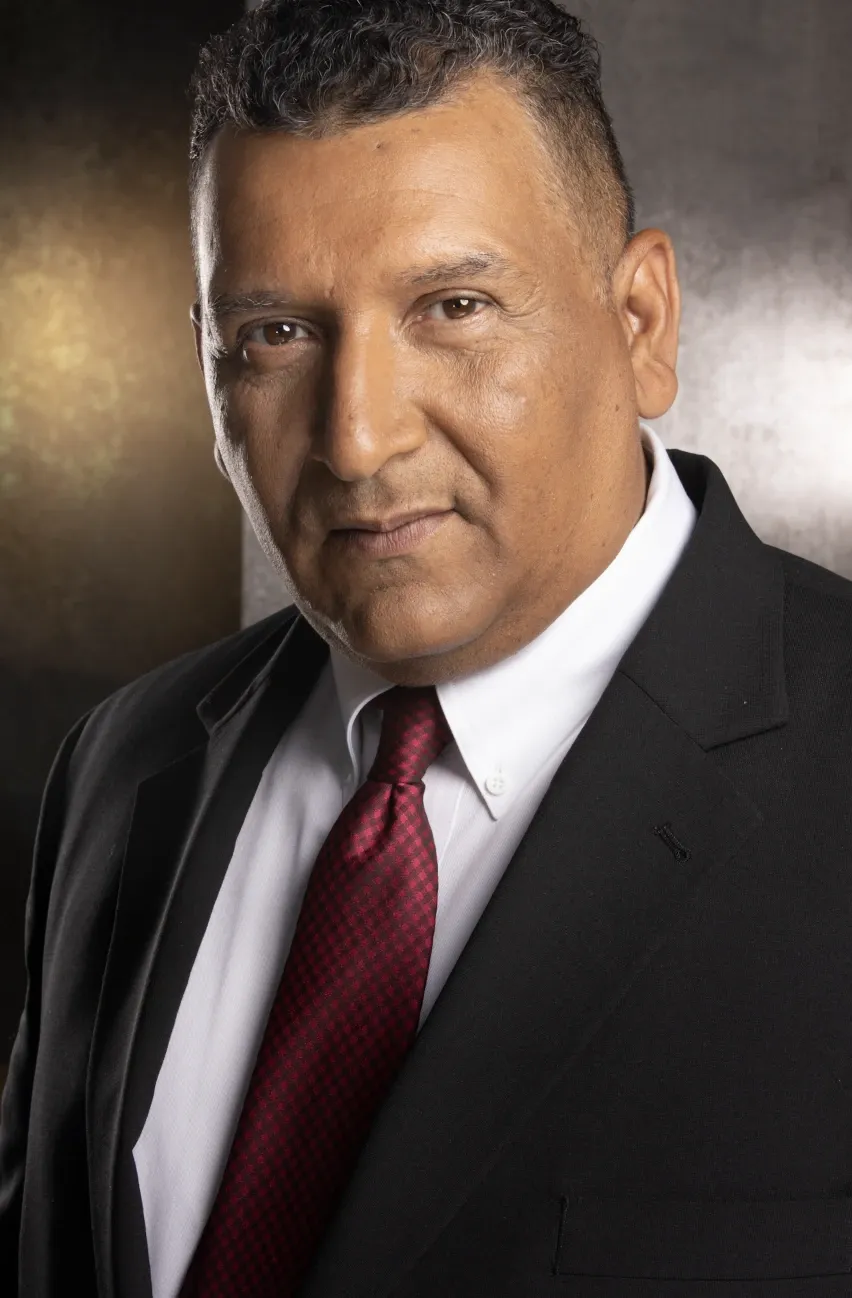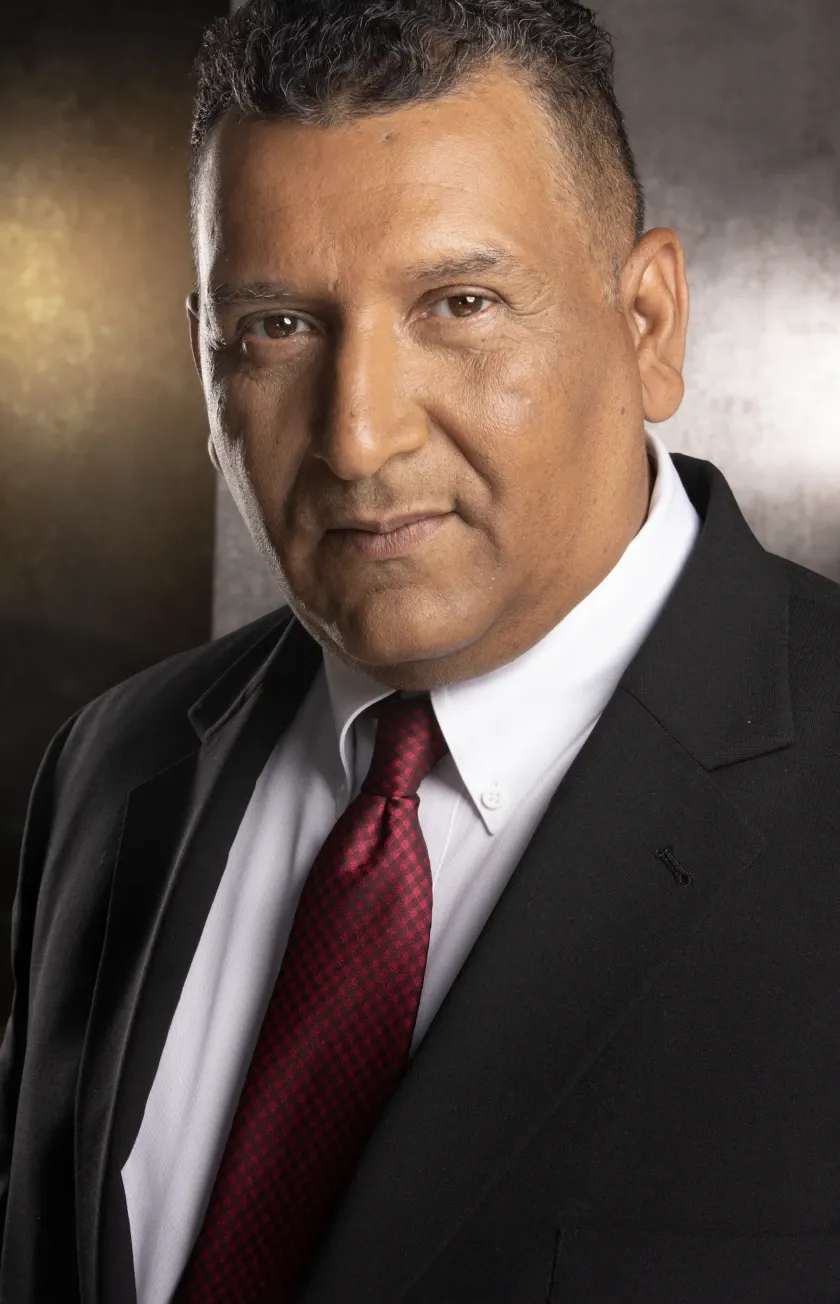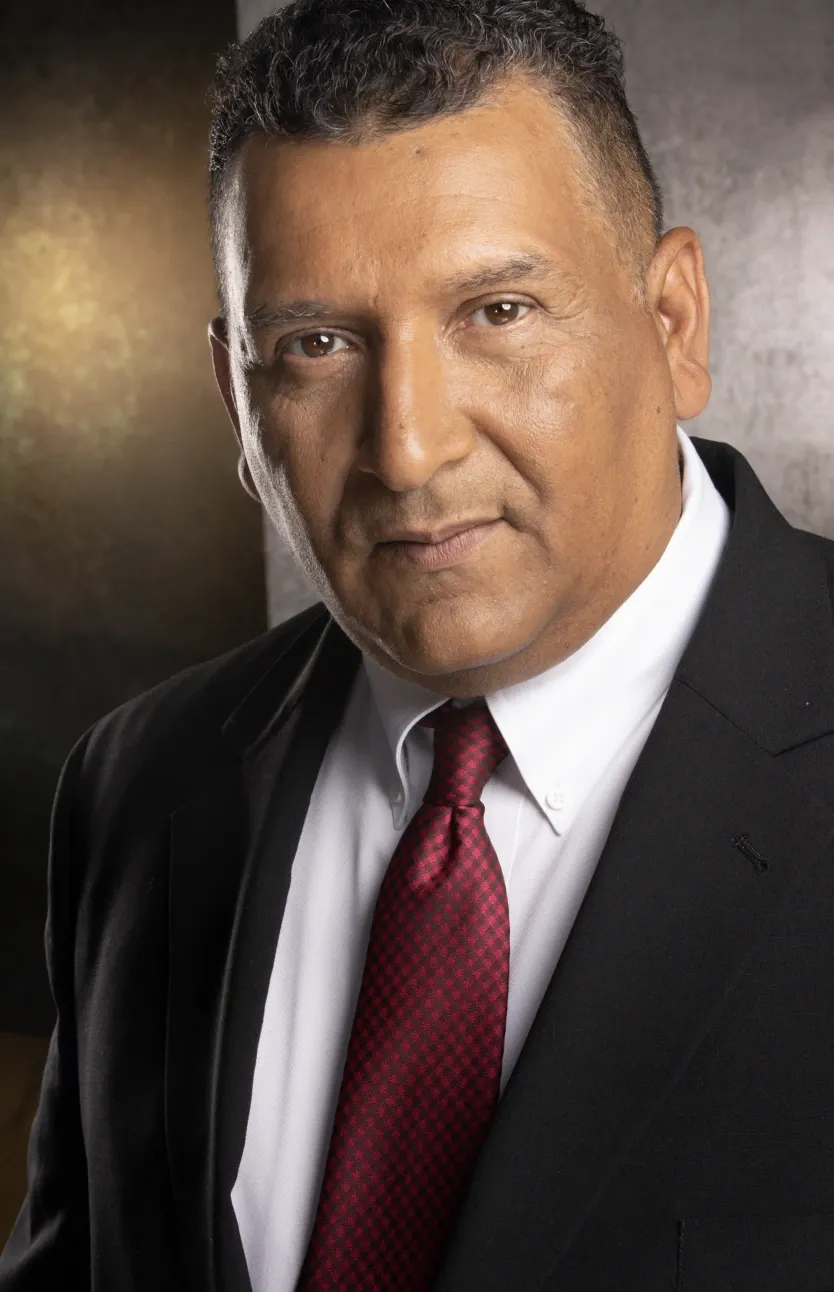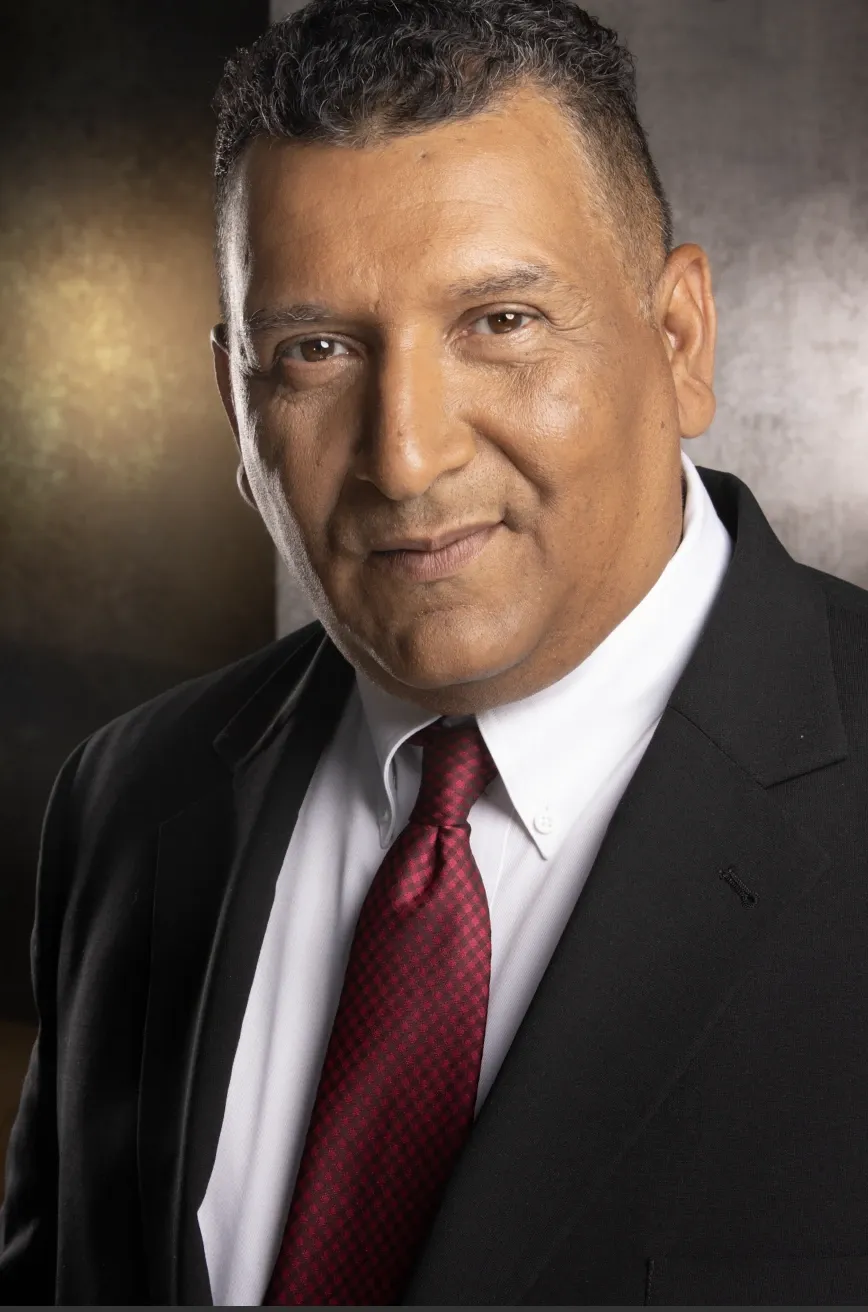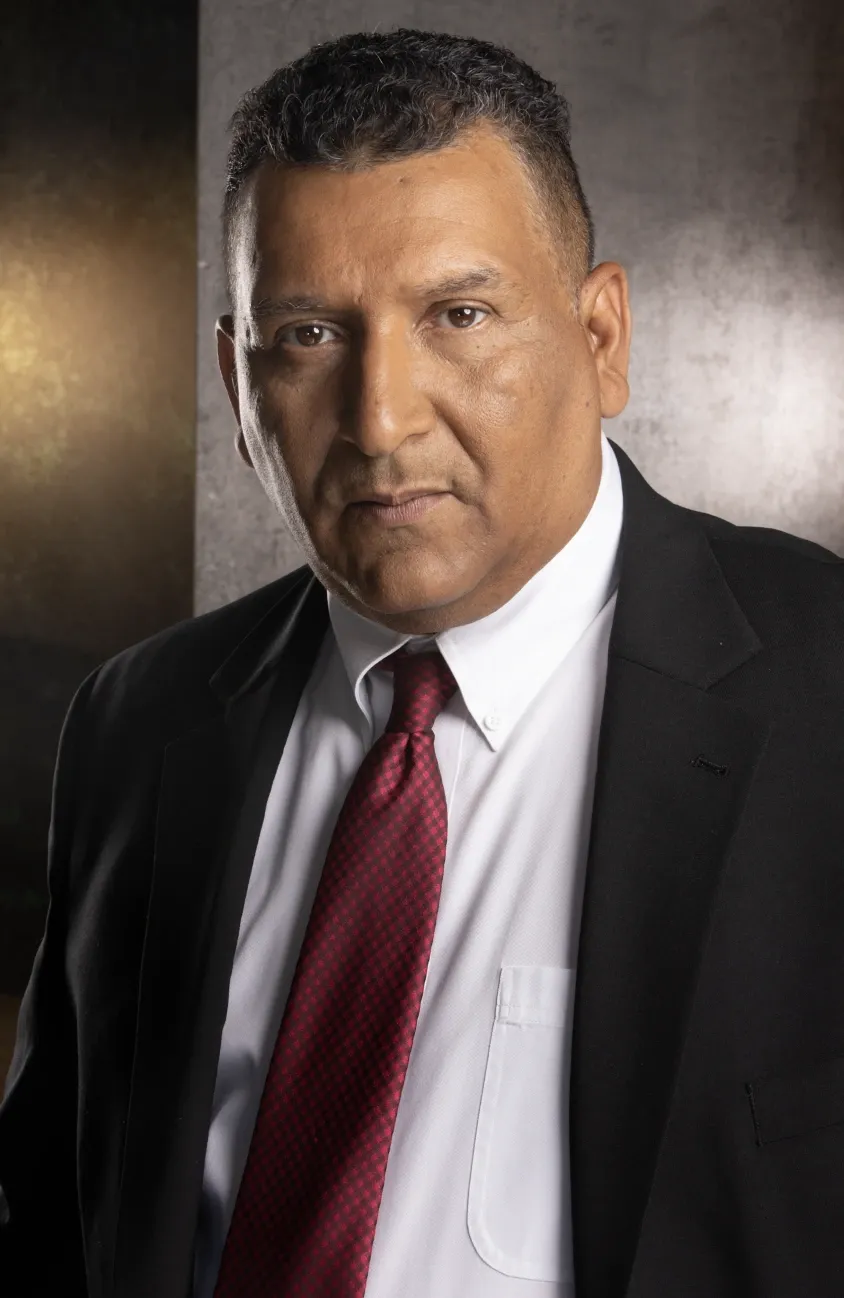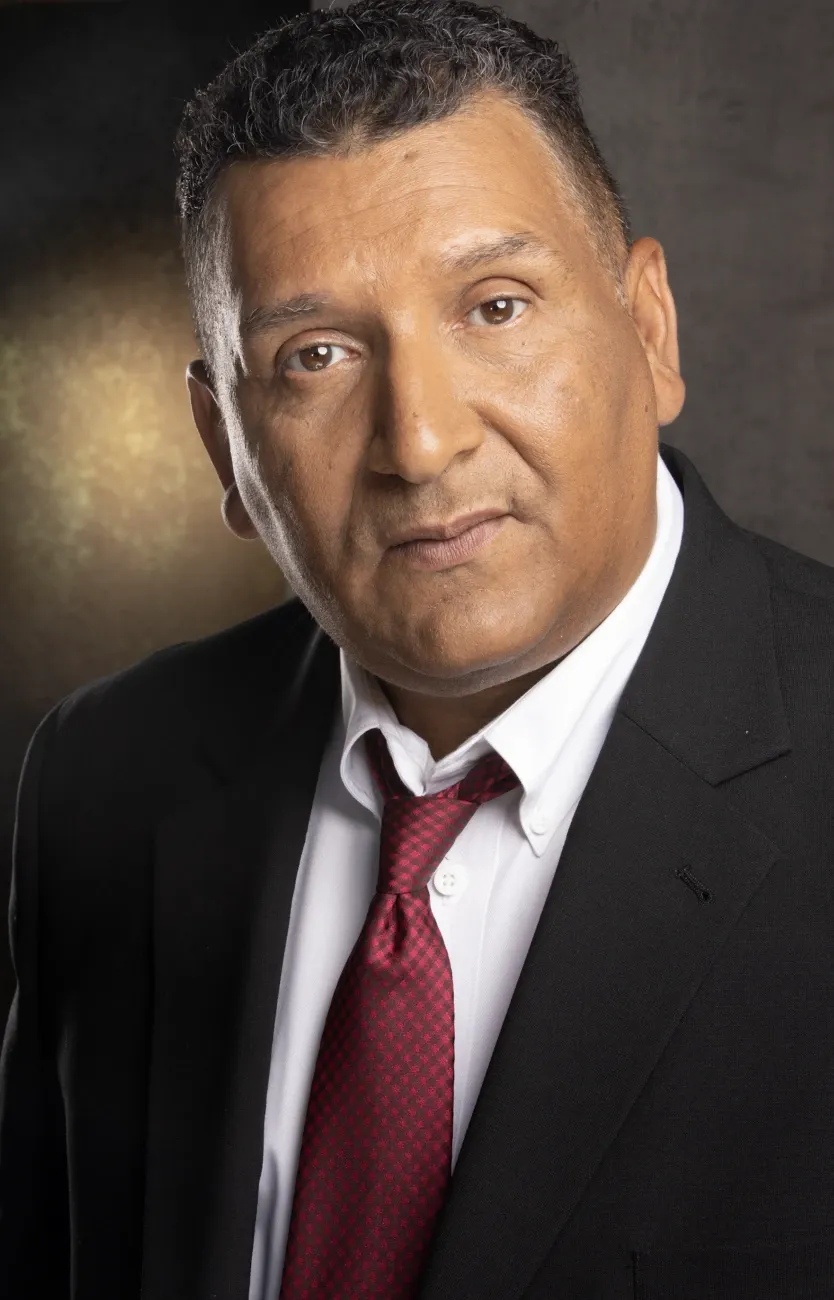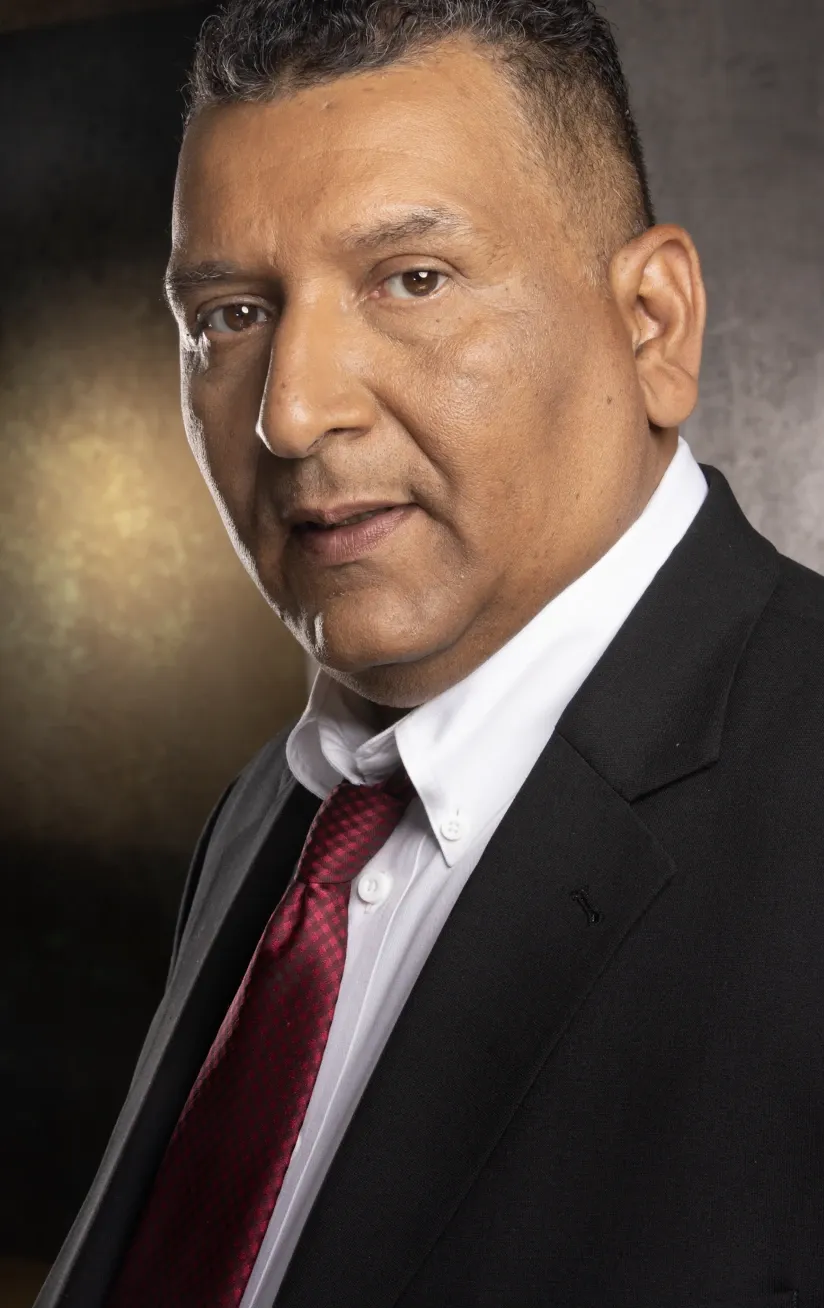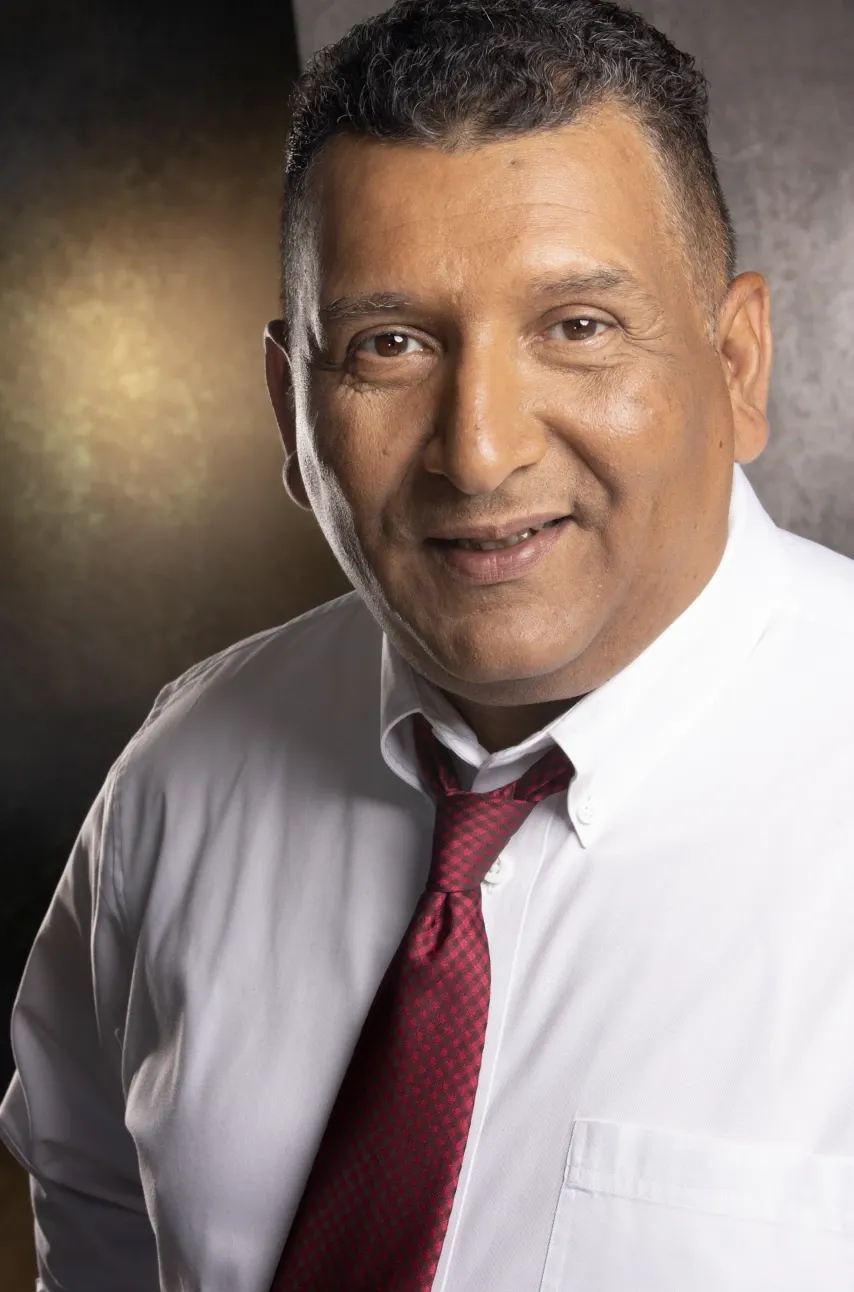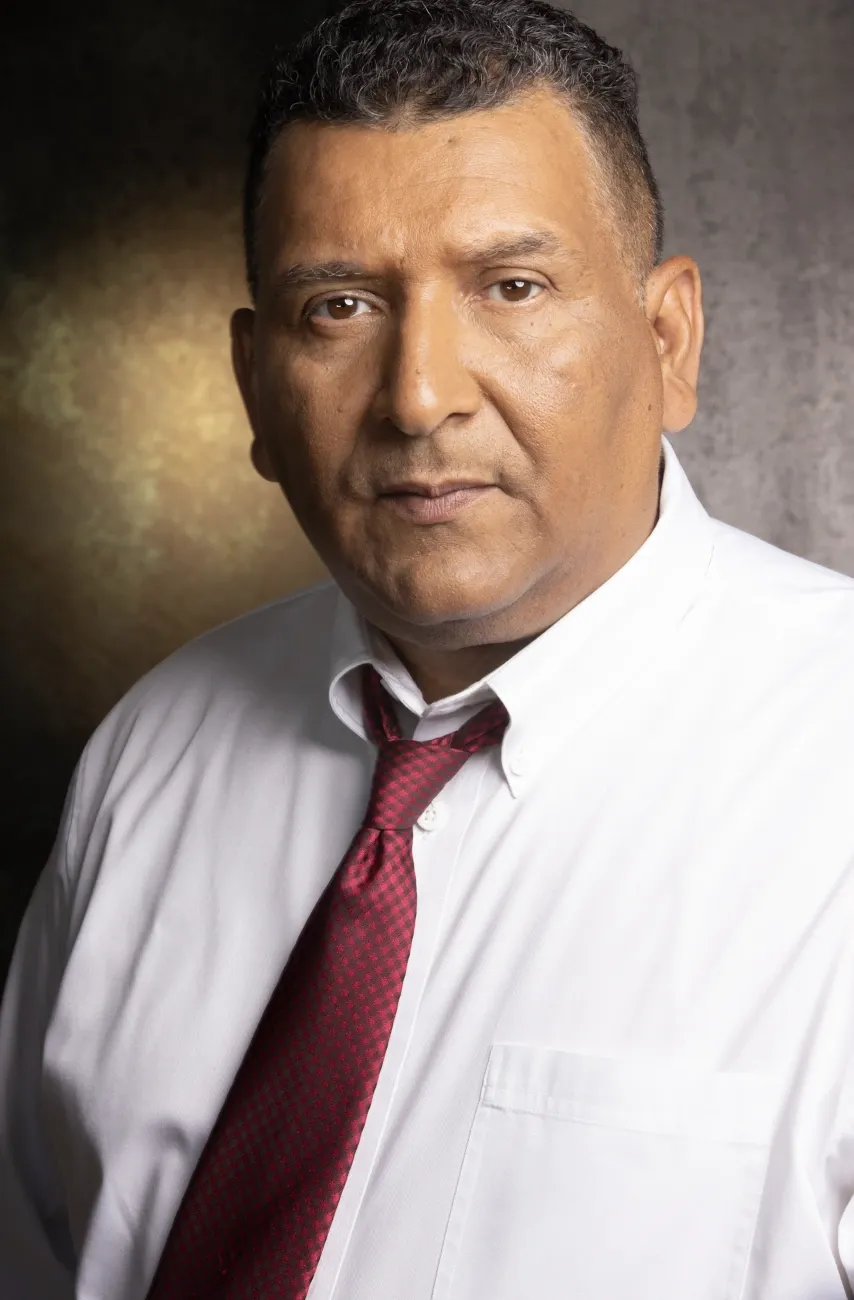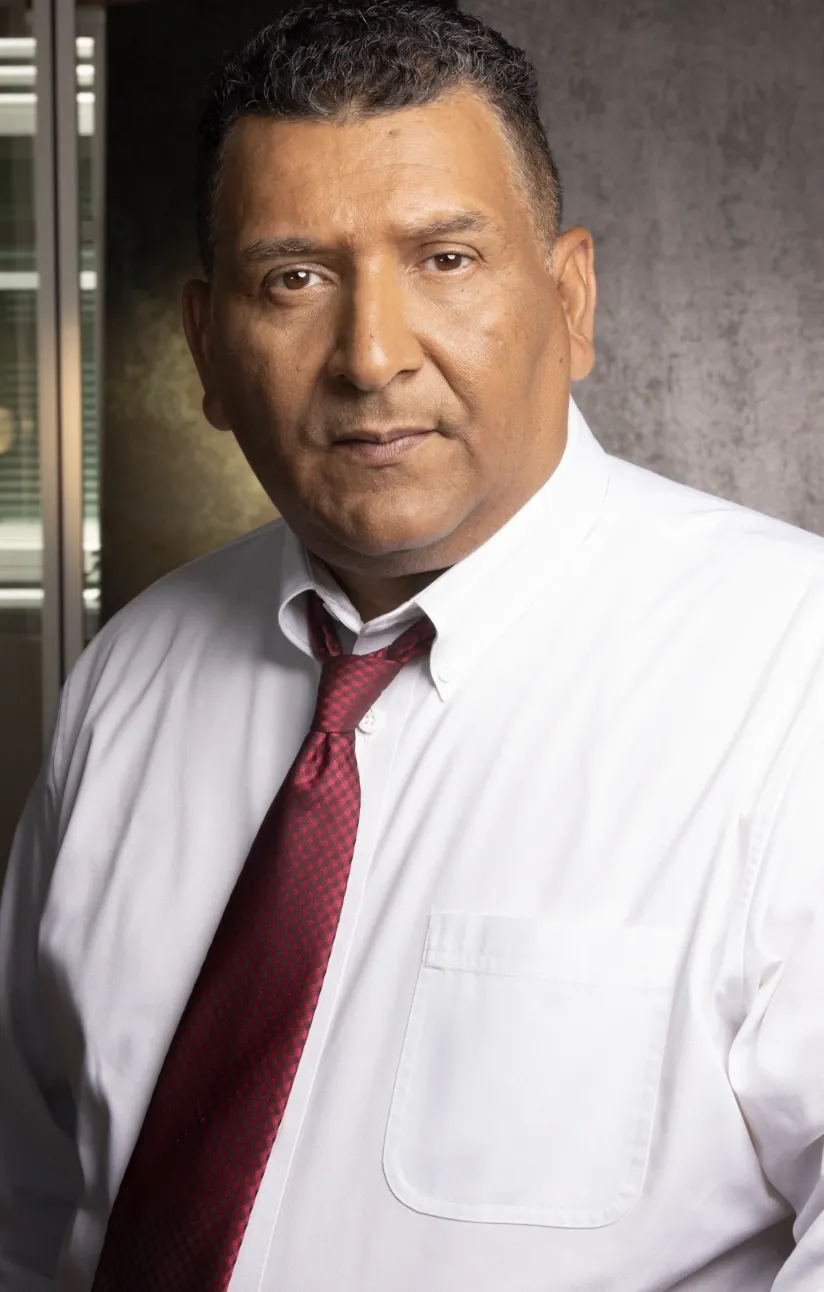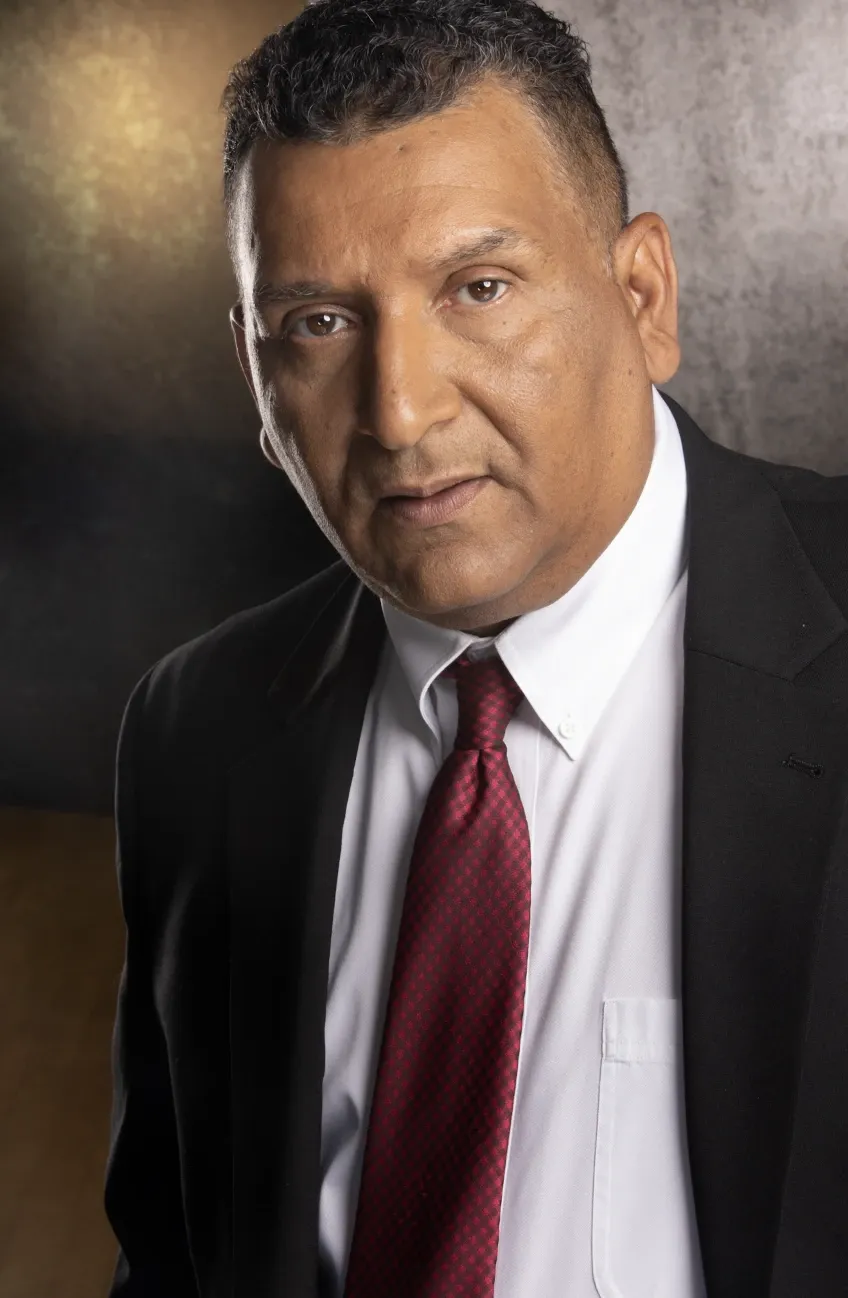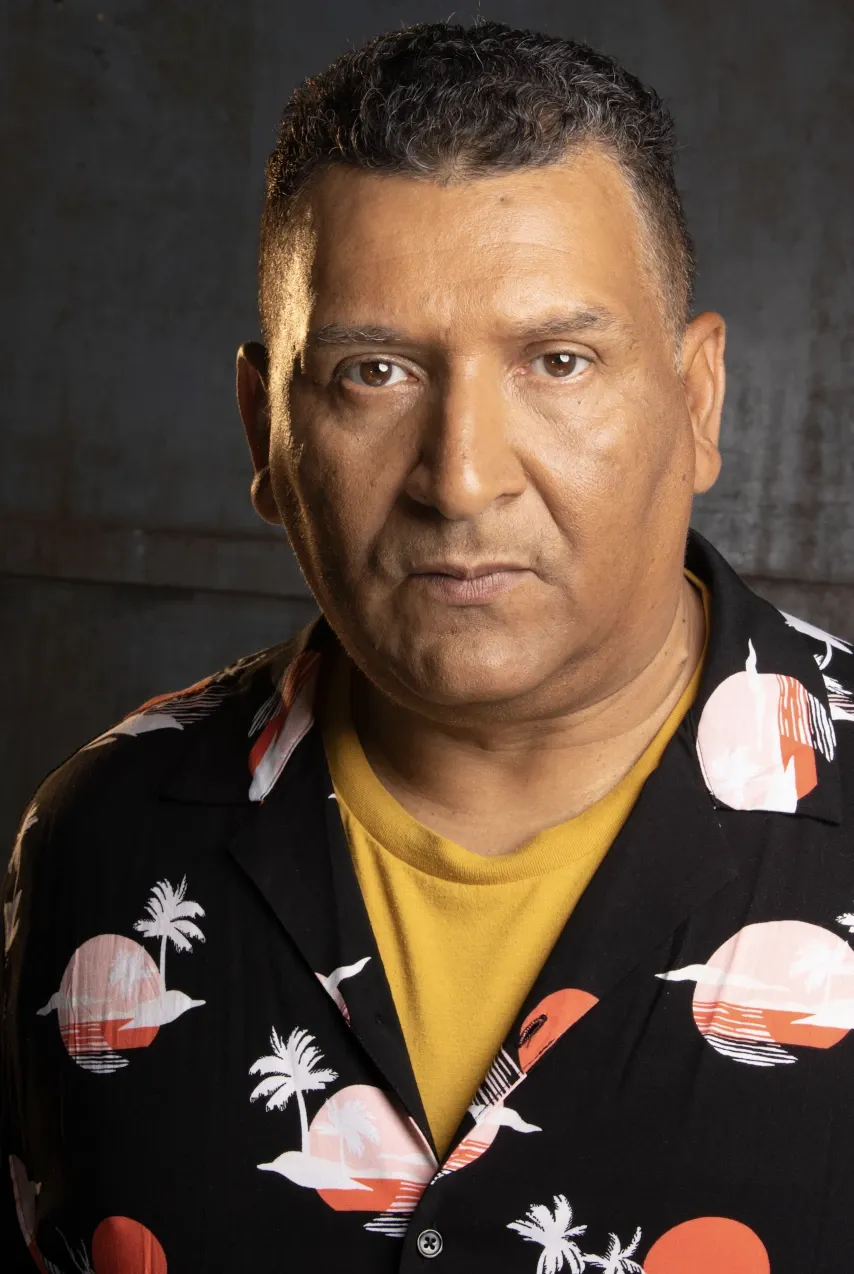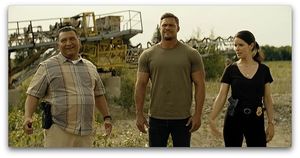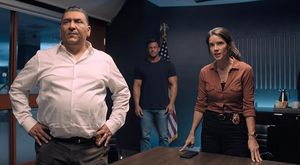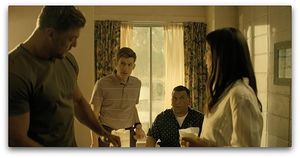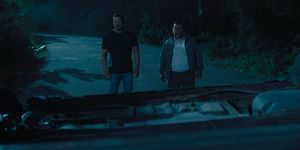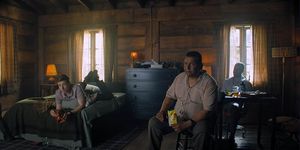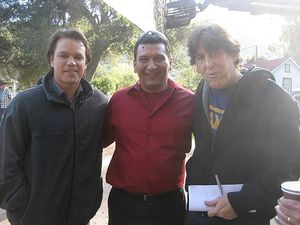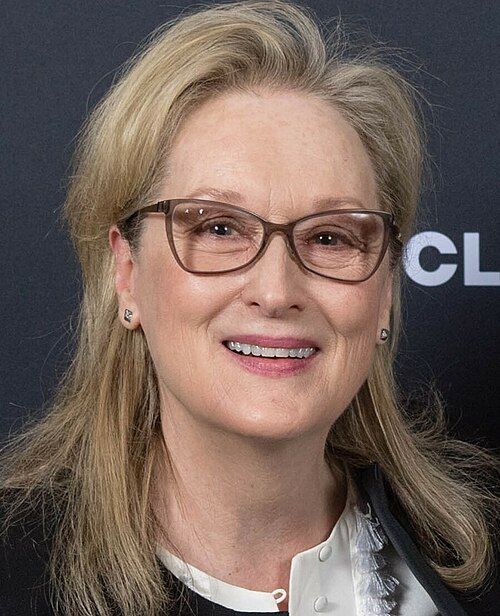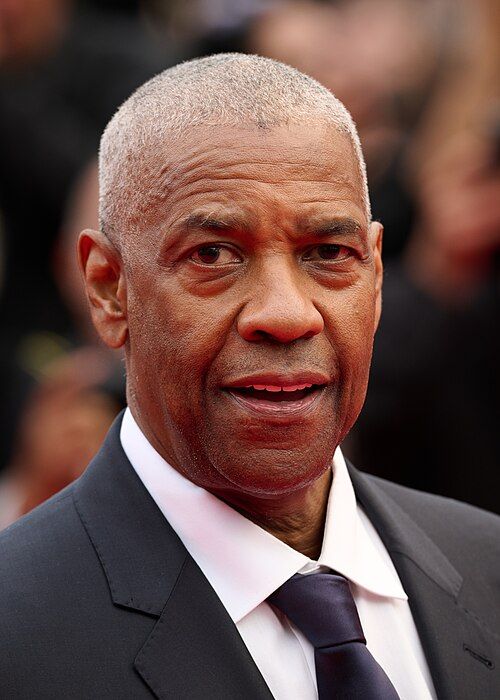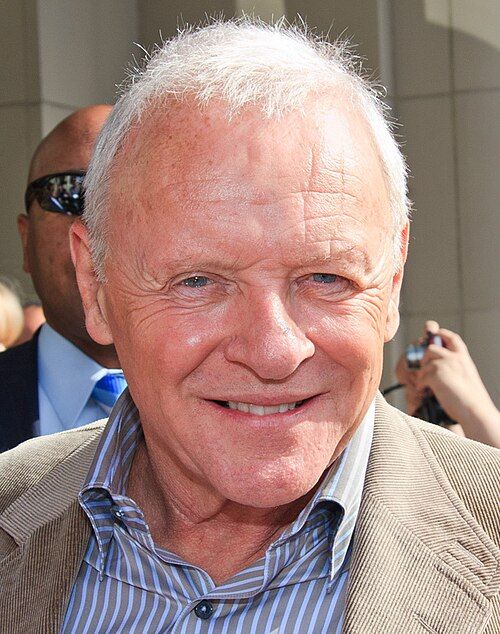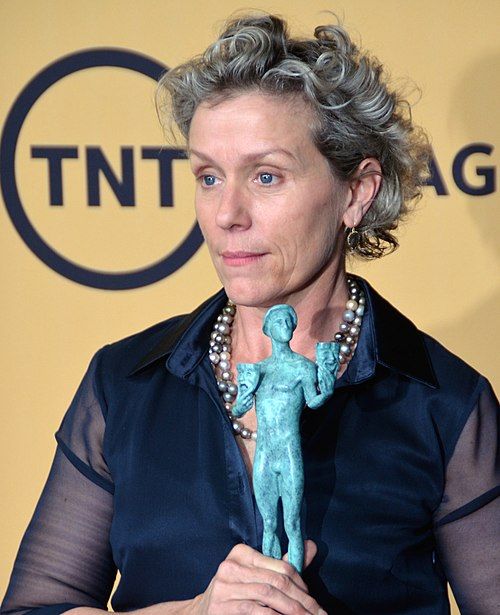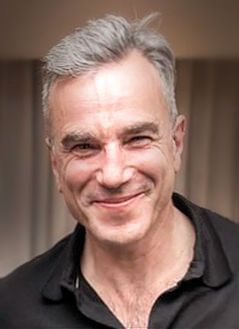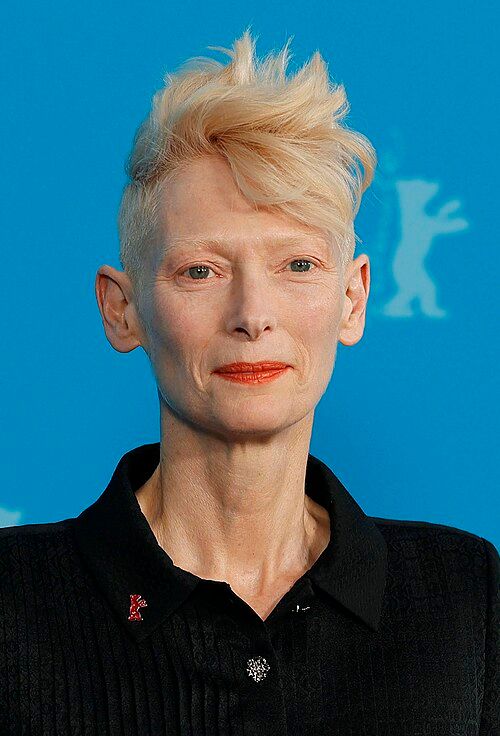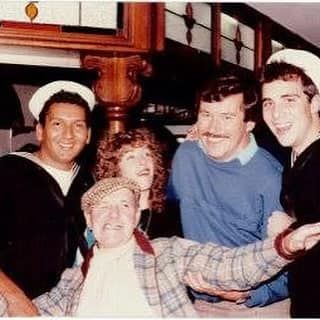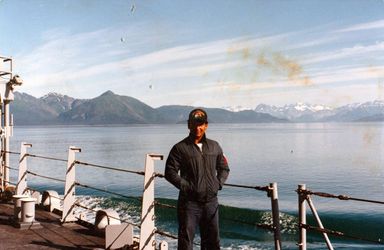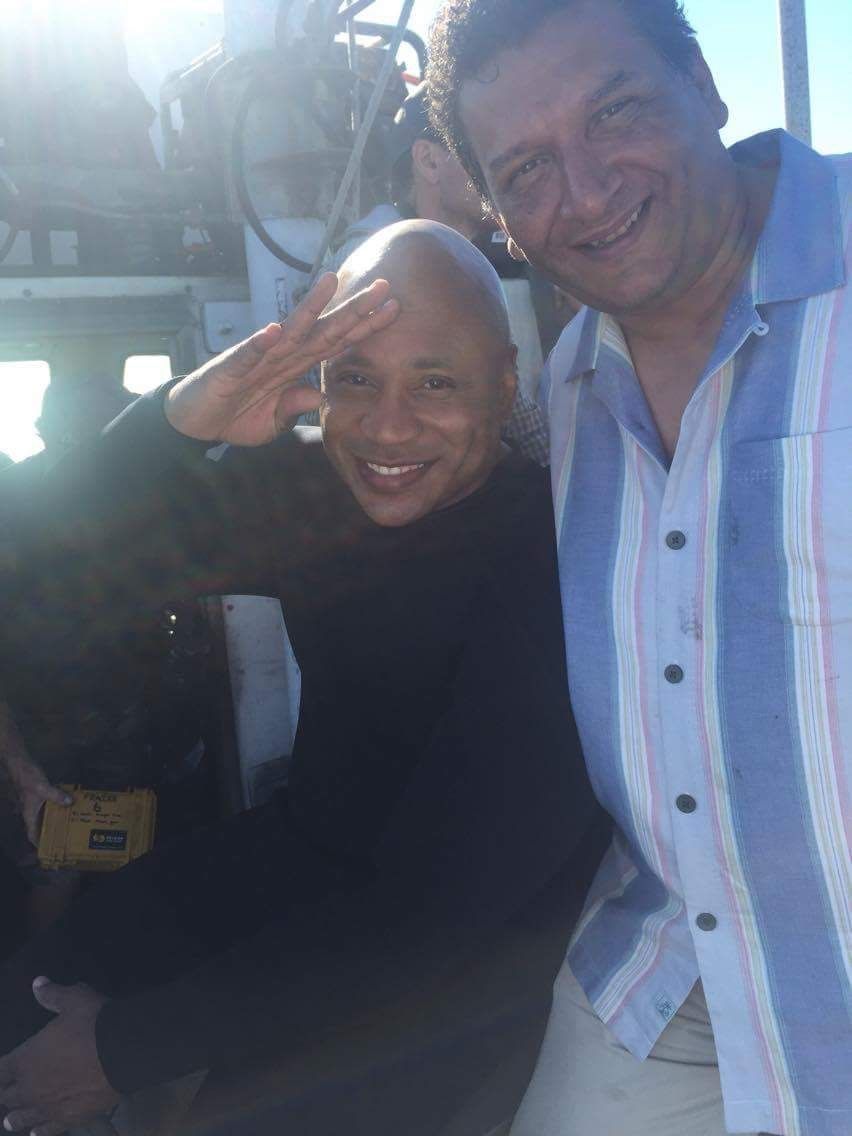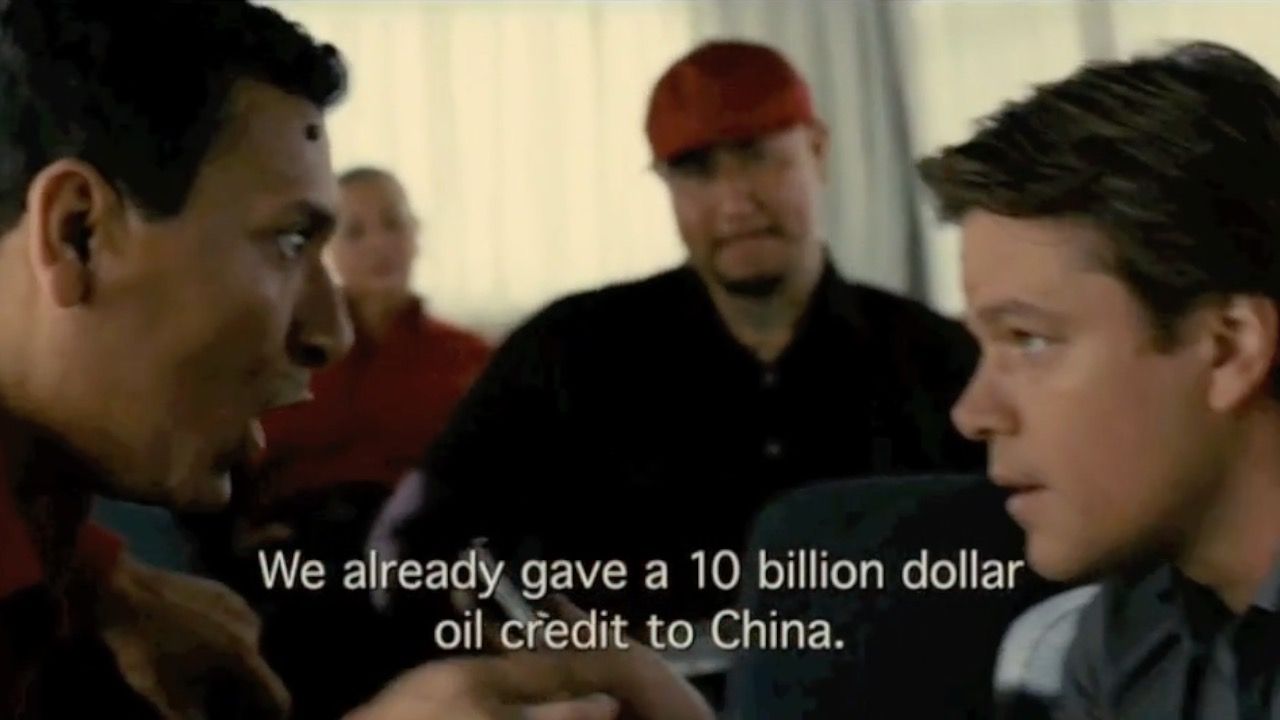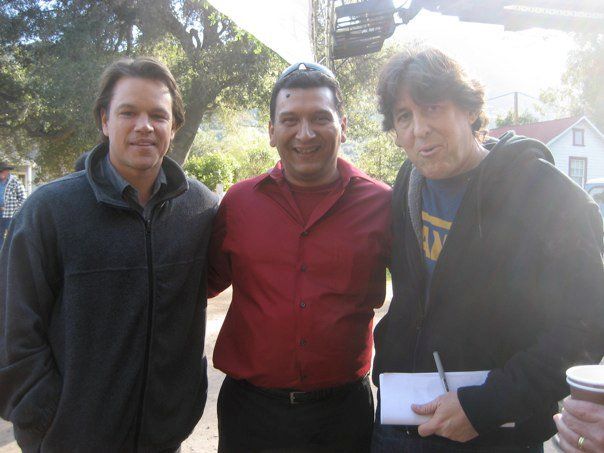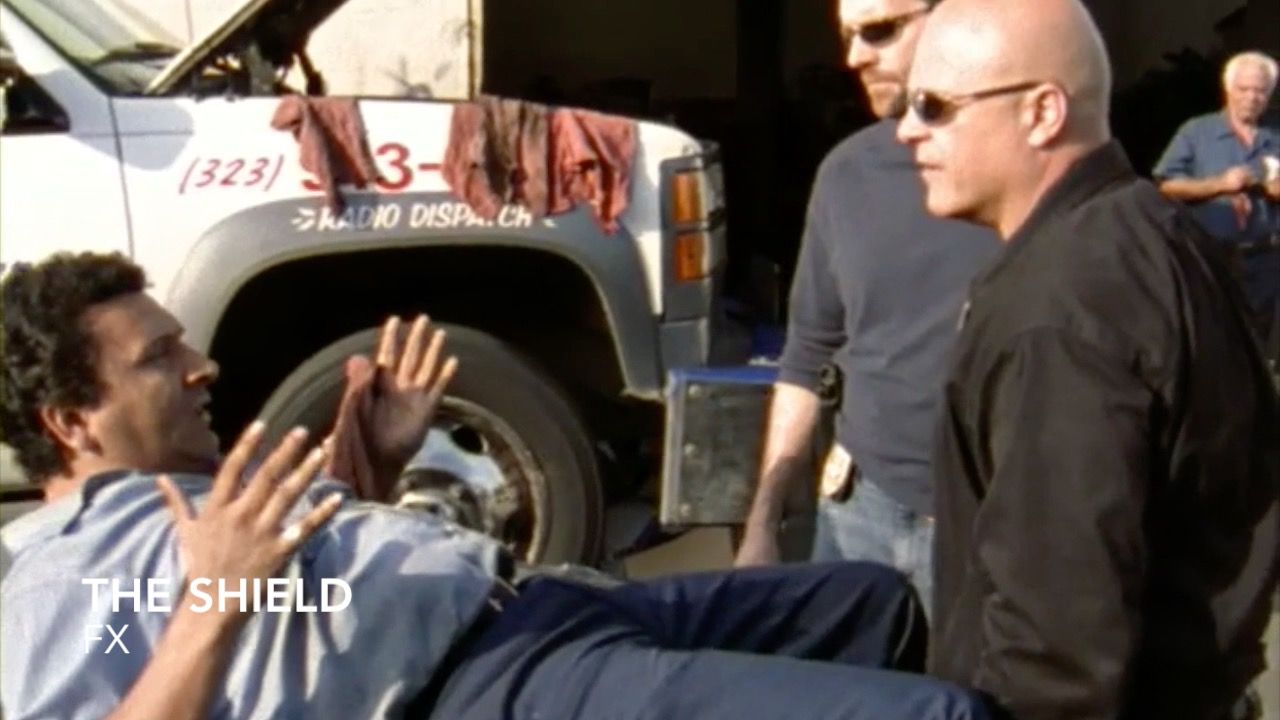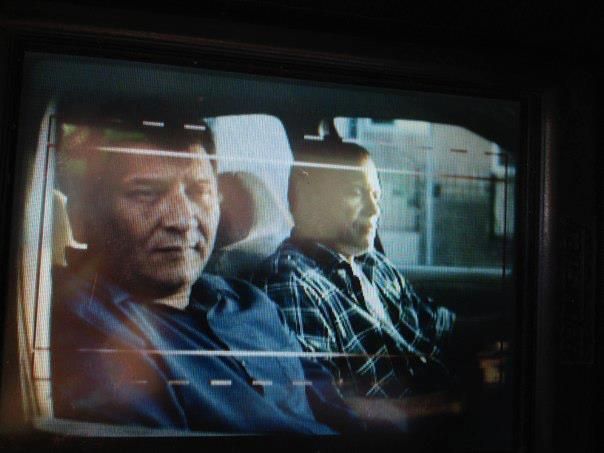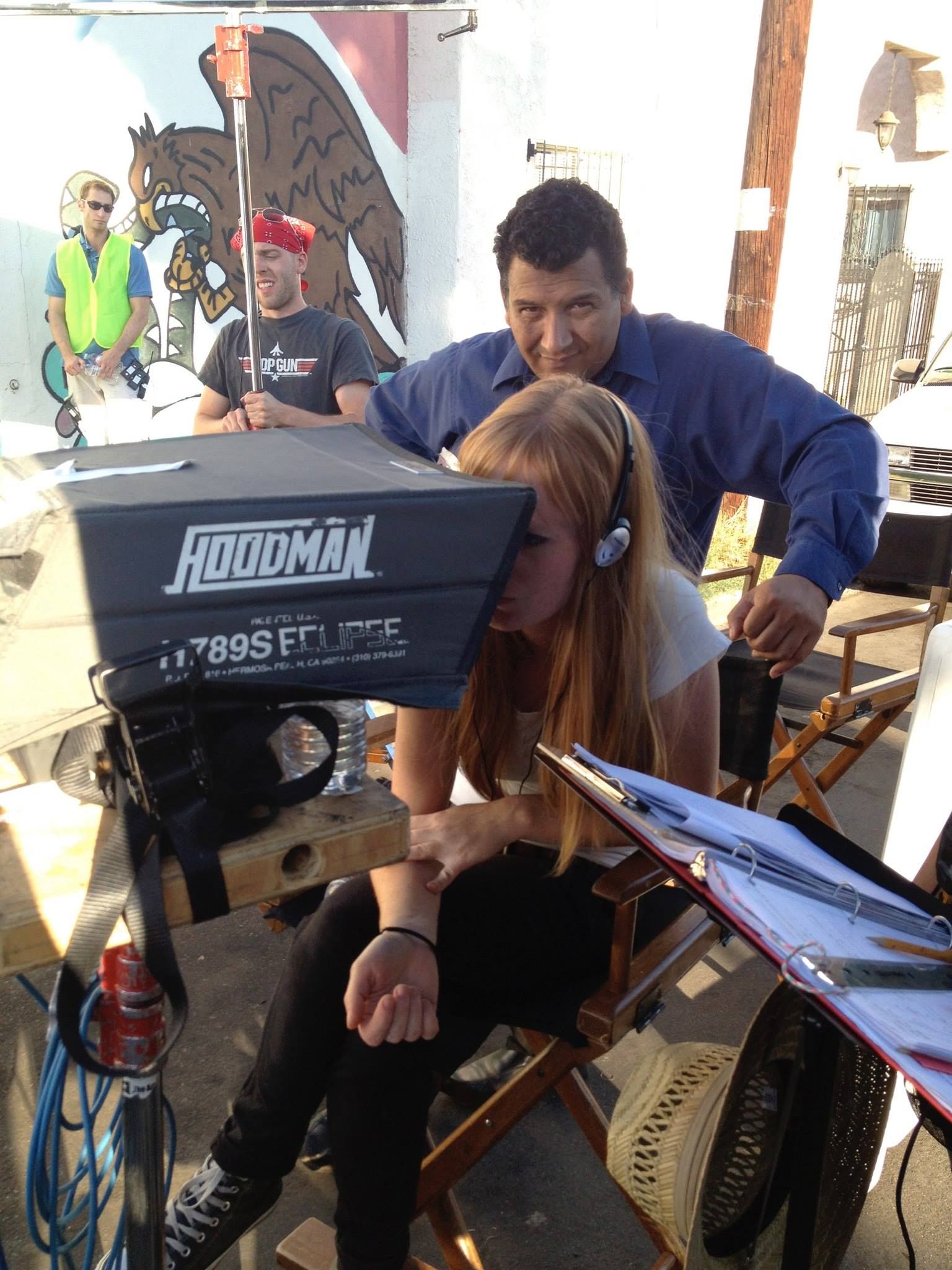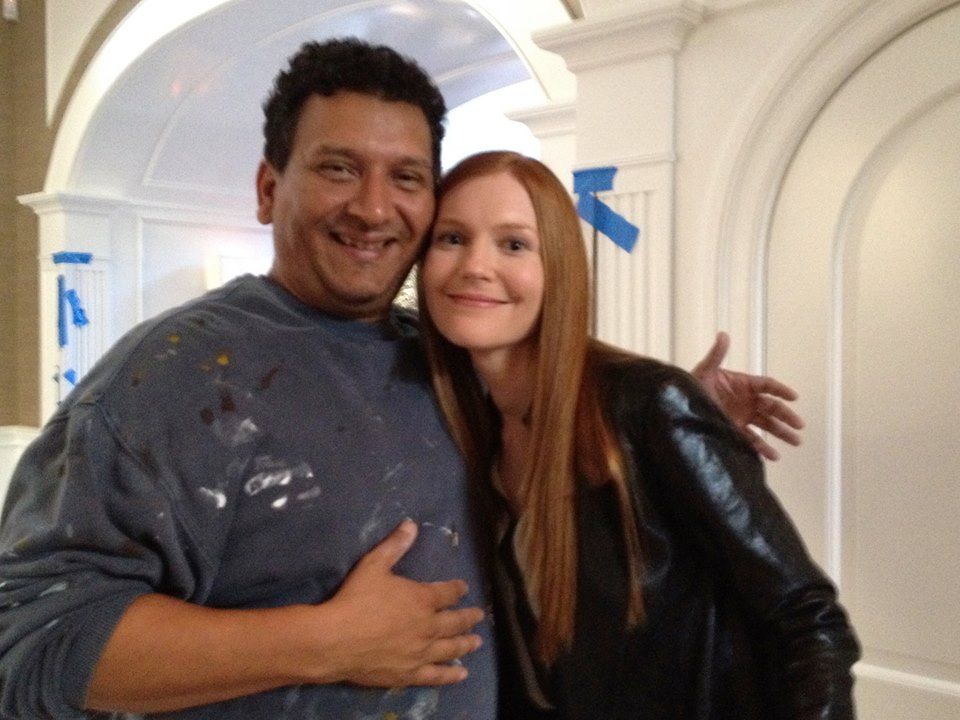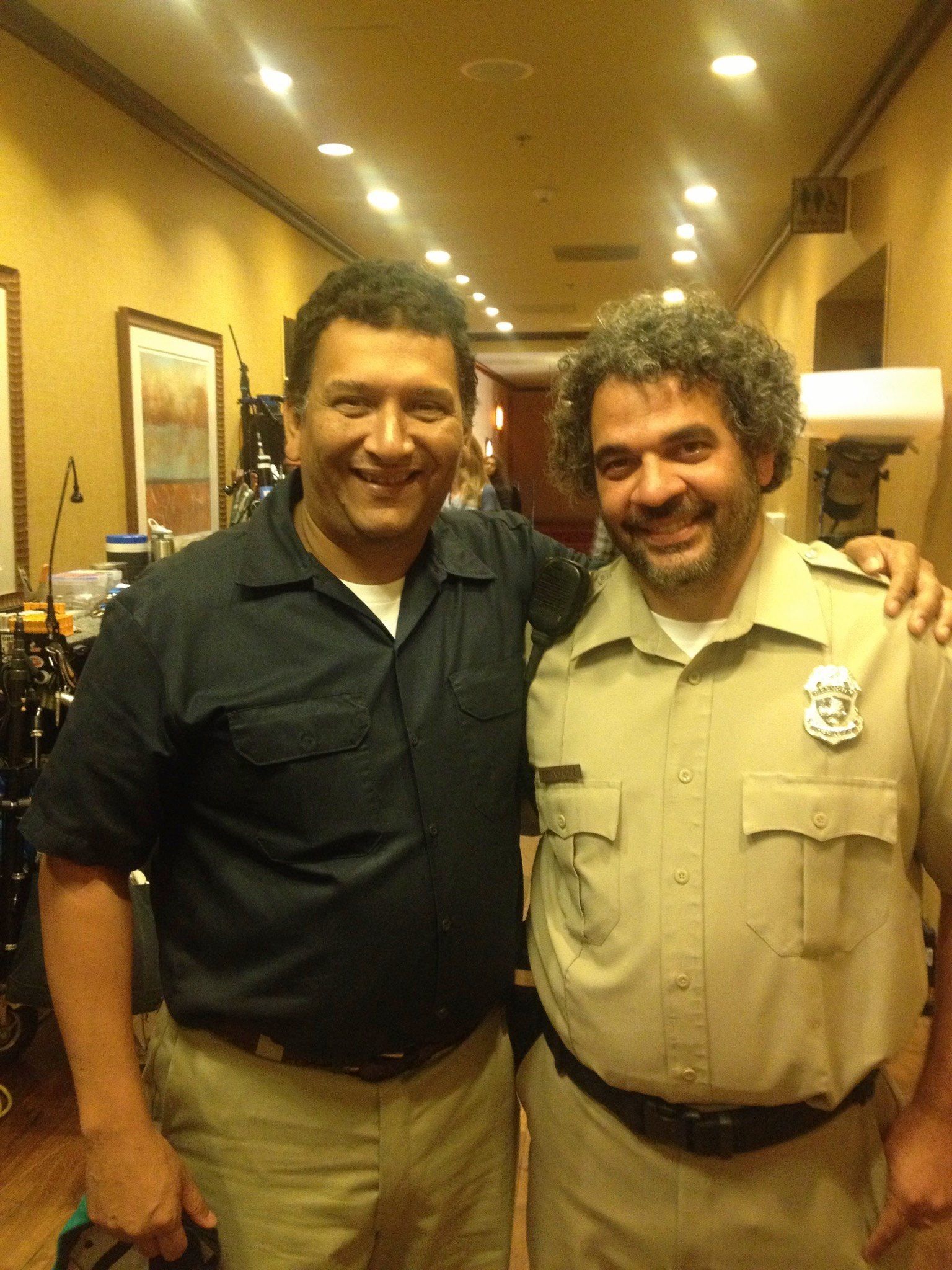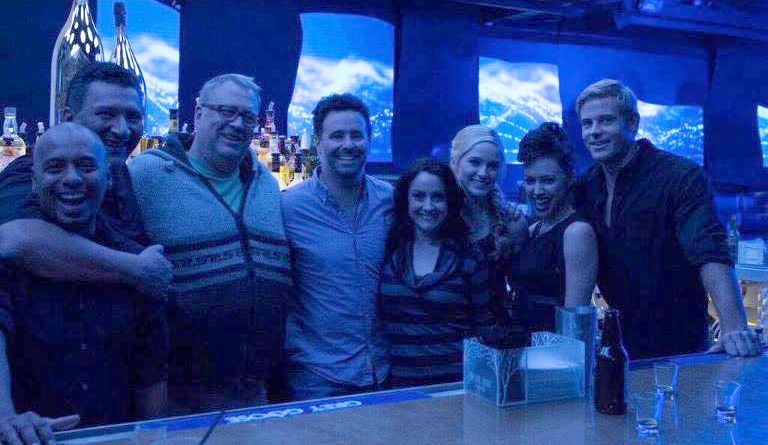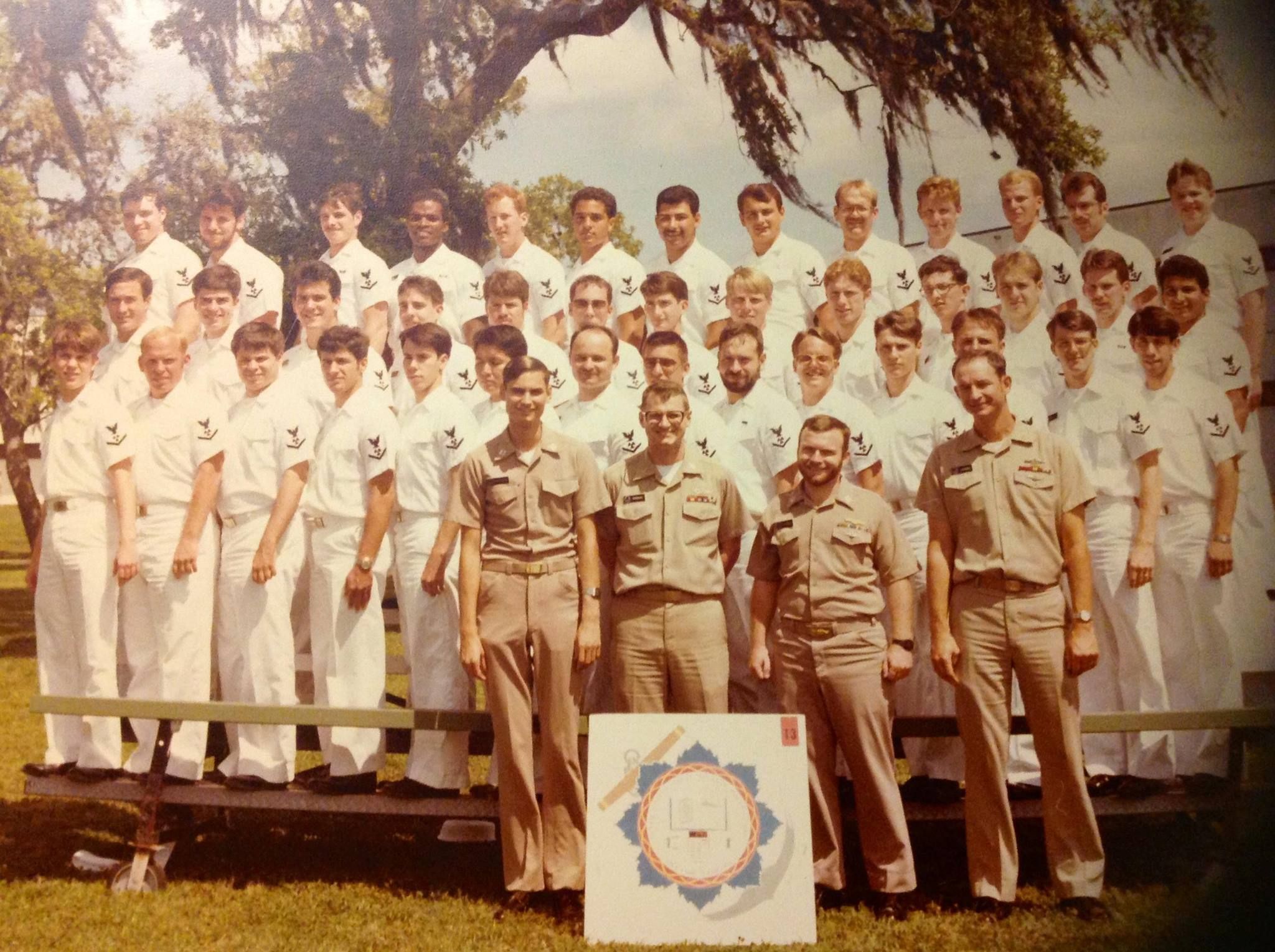
From Nuclear Engine Rooms to Scene Study: How I Accidentally Found Acting (Part 1)
After eight years in the Navy's Nuclear Power Program, I explored various careers before an unexpected turn into indie film production led me to the Beverly Hills Playhouse—and the surprising discovery of my true calling.
Roberto Montesinos
From Nuclear Engine Rooms to Scene Study: How I Accidentally Found Acting (Part 1)
Leaving the structured world of the US Navy's Nuclear Power Propulsion Program was a significant transition. For several years after my service, I bounced through a series of different jobs: custom marble and granite work, life insurance sales, outside sales for a printing company, a music publishing company, and even an internet startup where I dove deep into software development. While the pay was better, none of these roles ignited the same passion or excitement I’d felt during my time in the Navy.
An Unexpected Call Leads to a New Path
One day, I received a letter requesting a donation for an $8,000 short film production. My sales instincts kicked in. I called the person, suggesting they follow up on their mailers with phone calls, and then, out of curiosity, I asked more about the film. The possibilities immediately excited me.
The project was intended to be a demo reel for the writer/director's visual storytelling abilities and a career boost for my friend, who was slated to be the lead actor. I sent my friend three hundred dollars and offered to "pass the hat" among my friends and neighbors in our startup building to find more contributors.
To my surprise, people were incredibly generous. We secured donations of services like graphic design and logo creation. A friend, who has since become a successful producer, even leveraged connections to get substantial post-production services – including music composition, sound effects, and final sound mix – for a fraction of the cost, in exchange for closing credits. This was a win-win: the writer, working at a major independent production company, needed high-level proof he could direct, making this an attractive project to support.
My friend remarked that I'd accomplished more production work in two weeks than he had in six months. "How did you do that?" he asked. My answer was simple, rooted in my Navy experience: "When something broke in the engine room, you called your friends and fixed it as quickly as possible. Period."
"You Should Be a Producer!"
"You should be a producer," he said.
"What's a producer?" I replied, genuinely unaware.
"A producer makes films," he explained.
"I thought directors made films."
"That's true," he clarified, "but producers hire the directors."
This conversation was a turning point. On his advice, as soon as my internet startup was acquired by an aggressive businessman, I moved to Los Angeles. I began interning for several producers, absorbing everything I could about the industry. It was during this time that I received a crucial piece of advice: to truly understand filmmaking, I needed to delve into the literature and characters of screenplays, not just the logistics of scheduling and budgeting. The best way to start? Join a strong acting class. I was referred to the Beverly Hills Playhouse.
The Unexpected Allure of Scene Study
Training at the Beverly Hills Playhouse felt strangely familiar, yet entirely new. It reminded me of the rigorous, immersive training I underwent in the Navy at Nuclear Power School, the Nuclear Power Training Unit, and on the USS Arkansas. Yet, the substance was profoundly different.
Every scene, every character was a unique creative challenge. It was a process of exploration with an audience in mind, a stark contrast to the precise, non-negotiable steps of an engineering casualty procedure. For instance, over a year, we might watch half a dozen scenes from "A Streetcar Named Desire," and each would be distinct, even with the same dialogue. They were different because the actors were different, each bringing a unique interpretation. Some performances were stellar, others less so, but in all cases, the play served as an excellent piece of literature for actors and directors to train on. The discipline and commitment honed during my naval training undeniably enhanced my creative experience, allowing for a deeper dive into the unique outcomes each actor combination brought forth.
This initial foray into the world of acting was meant to be purely educational, a way to better understand the creative side of filmmaking for my budding producing career. But fate, and a very persistent acting teacher, had other plans.
